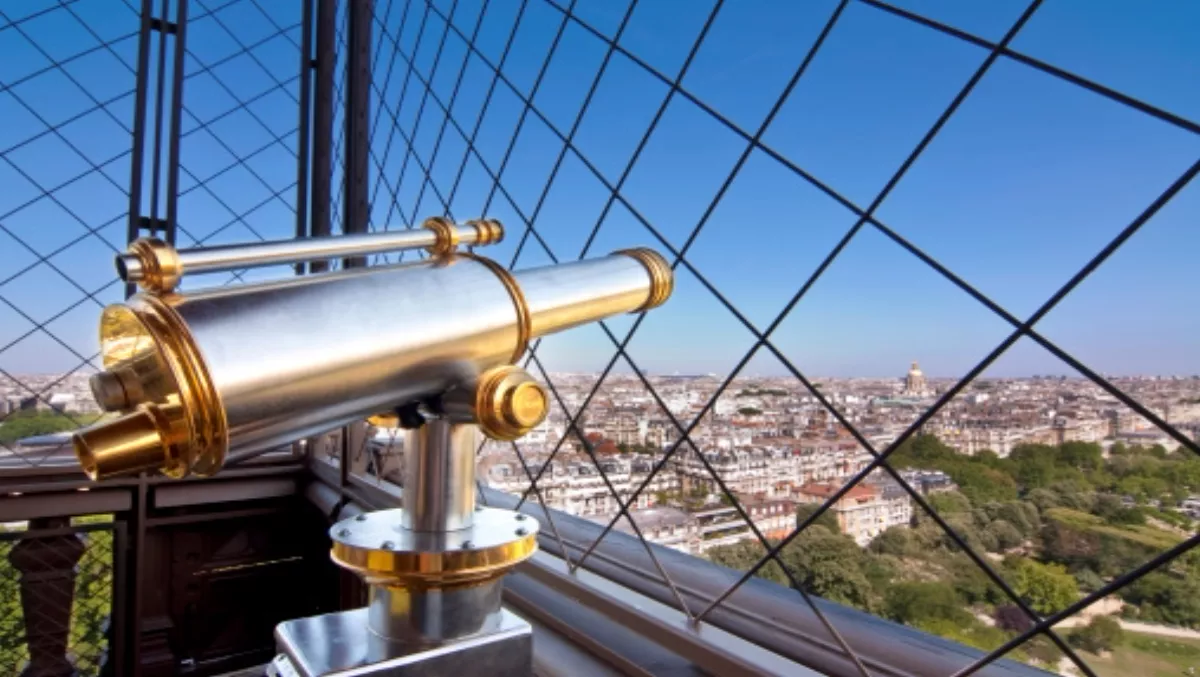Recently, some suspicious cell phone towers were discovered in the United States. It is believed they are spy towers - listening in on calls and or tracking people. It’s not known who put them there.
At the same time, in Australia, Russia, the UK, India, South Africa and many other countries - innovators are working as fast as they can to develop delivery and other drones.
If you are in an airport right now, there’s a chance it is tracking your movement via your WiFi device, as Copenhagen does.
If you are in the vicinity of a person vaping on an electronic cigarette, there’s a chance it’s trying to contact others nearby. This is the world of connected, smart and powerful things.
Cars are also becoming part of that connected world. One day they will be doing limited self-driving - for example parking themselves without a driver.
They are supposed to be very safe and incapable of running a person over - but how comfortable will we feel about them? (I’ve read that book Robopocalyse).
Of course all of these things will be valuable to us, but sometimes they will go wrong. When they do, we will want to know who is liable for any damage they cause. We will want to know who abandoned them - if they end up as rubbish on our streets.
We will want to know who they belong to if they start to re-order their own supplies - as agricultural robots might.
In general - I don’t think we will accept an urban or rural environment full of smart connected devices buzzing around if they are anonymous.
Every significant object on the internet of things will be some company’s product. Either that company will be liable and accountable for what it does, or the customer who bought it will be.
Either way, any insurer will want an unambiguous record of to whom the thing currently belongs. So I’m thinking some kind of digital certificate and ownership register probably needs to evolve.
Developing that system of registration and tracking might be a golden commercial opportunity for someone.


